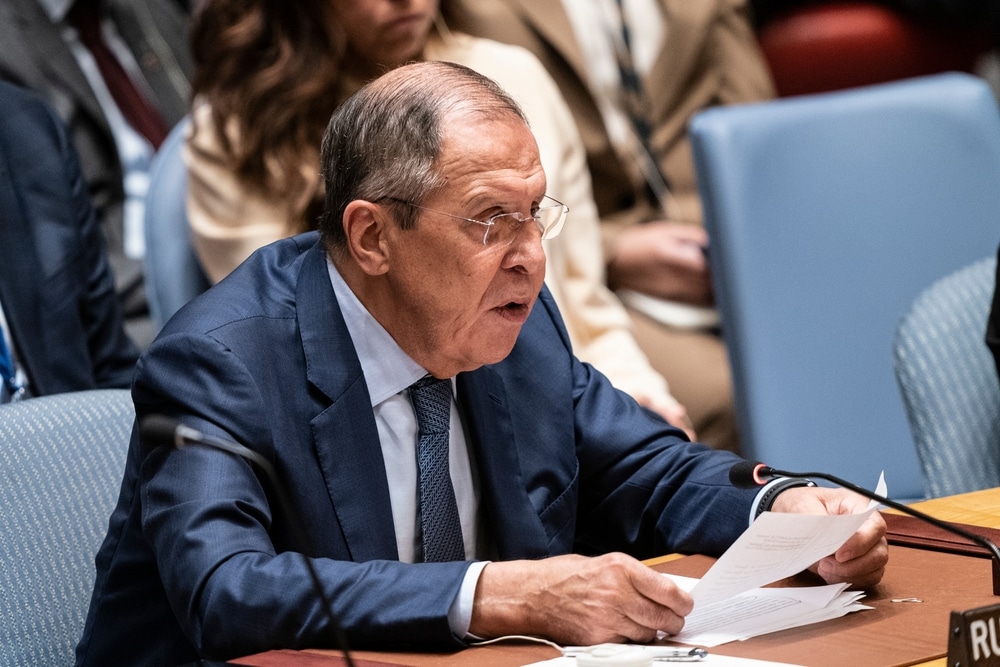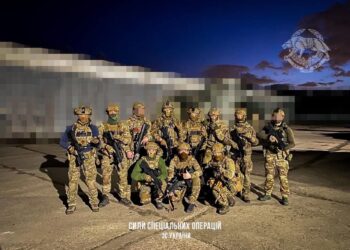In a recent visit to Beijing, Russian Foreign Minister Sergei Lavrov met with Chinese President Xi Jinping, marking a significant step in strengthening Sino-Russian relations amidst the continuing conflict in Ukraine. This visit underscores the deepening strategic partnership between the two nations, which has seen a notable increase in cooperation since Moscow’s invasion of Ukraine.
During their meeting, Lavrov lauded the achievements of China under Xi’s leadership, signaling Russia’s admiration and appreciation for China’s progress. Xi, in turn, highlighted the importance China places on its relationship with Russia, expressing a readiness to enhance bilateral communication and strategic coordination. The discussions aimed at ensuring the continued development of Sino-Russian ties, with a mutual agreement on maintaining close exchanges between Xi and Russian President Vladimir Putin.
Additionally, Lavrov’s dialogue with Chinese Foreign Minister Wang Yi reaffirmed both countries’ commitment to strengthening strategic cooperation on the global stage. Lavrov thanked China for its support following Putin’s re-election, with Wang predicting a prosperous future for Russia under Putin’s leadership.
However, analysts suggest that the relationship dynamic is increasingly favoring China as Russia’s international isolation deepens due to its actions in Ukraine. This shift grants China greater leverage and bargaining power over Russia, potentially leading to a more subordinate role for Russia in the partnership.
Amidst growing international concern, U.S. officials have warned China against aiding the Russian war effort. Recent statements by U.S. Secretary of State Antony Blinken and Treasury Secretary Janet Yellen have highlighted concerns over China’s support for Russia’s military and the potential consequences of such actions.
In response, Lavrov criticized the West’s sanctions against Russia and efforts to limit China’s access to sensitive technologies, framing them as attempts to hinder China’s economic and technological development. Both Lavrov and Wang voiced opposition to what they perceive as hegemonic and bullying acts by the West, advocating for a united stance against a supposed Cold War.
Expanded Coverage:








